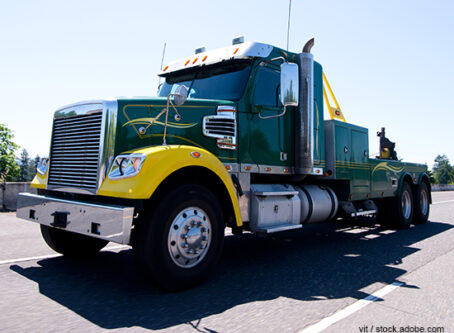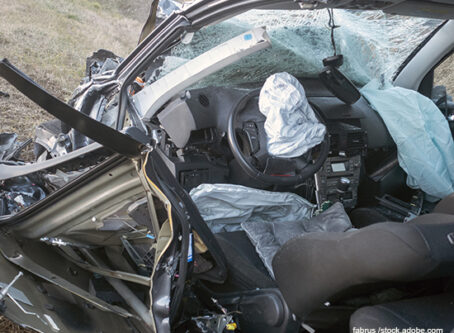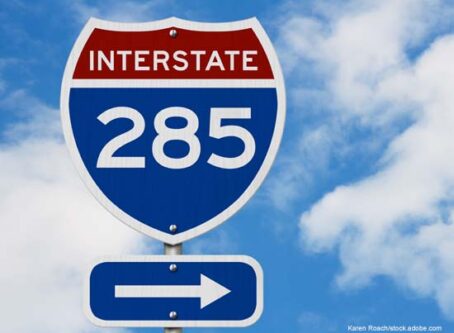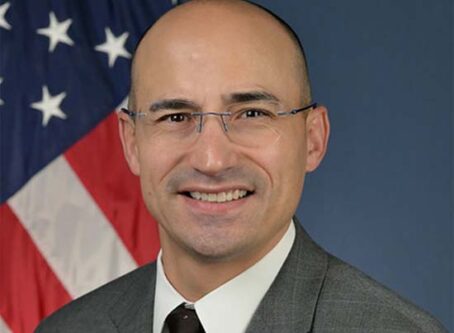OOIDA continues push for more predatory towing regulation
Predatory towing practices remain a major concern across the trucking industry.
The OOIDA Foundation recently released a one-page fact sheet detailing the Association’s efforts to push for regulation as well as just how costly these practices can be.
“The towing and recovery industry is an essential partner to trucking, as breakdowns and crashes can occur at any time,” The Foundation one-pager said. “However, conflicts do arise between these two industries due to differing objectives and priorities, which can lead to miscommunication, disagreement and far too often, predatory practices.”
OOIDA provided insight to the American Transportation Research Institute as part of its analysis on the causes, frequency and strategies for mitigating predatory towing practices.
That report revealed nearly 30% of crash-related tows included some form of predatory billing. The percentage more than doubles to 66% with invoices of $30,000 or more.
The Foundation noted those percentages only represent predatory towing bills. Vehicle seizures without cause, cargo release delays or fraudulent billing of extra hours are not included, as they cannot be determined by invoices alone.
In a scenario where insurance covers towing and recovery charges, excessive invoices often exceed the applicable limits, which leaves carriers and drivers financially responsible for such costs.
By definition, predatory towing is any incident in which a towing and recovery company egregiously overcharges through either excessive costs or charges for unnecessary additional equipment, illegally seizes assets, damages assets by use of improper equipment or illegitimately withholds the release of a truck, trailer and/or cargo.
ATRI’s report showed the average total pre-tax bill for a crash-related tow was $8,925.90, compared to an average bill of $18,154.52 for tows identified as predatory.
Surveyed motor carriers cited excessive rates (83%) and unwarranted additional service charges (82%) as the most common and impactful forms of predatory towing.
Several states have taken steps to address unfair towing practices this year.
Those initiatives largely focus on regulating exact rates for different vehicle classes, setting protocols for when or how different types of towing can occur and creating procedures for complaints or reparations after a predatory towing incident.
FMCSA predatory towing forum
The Federal Motor Carrier Safety Administration will host a public meeting from 9 a.m. to noon Eastern on June 21 regarding the disclosure of towing fees.
Trucking stakeholders have been invited to participate in this event. OOIDA’s Doug Morris will provide comments from the Association’s perspective.
Register for this in-person/virtual event held at the U.S. Department of Transportation Headquarters on the FMCSA website. LL









